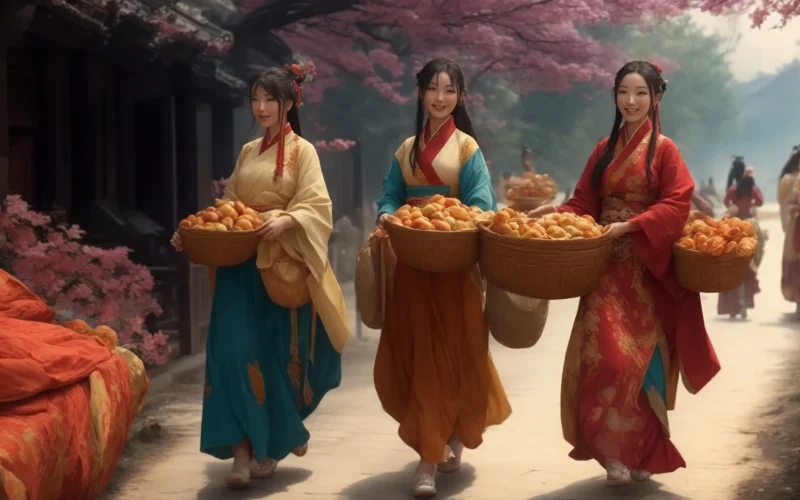Idiom Explanation:
Dry up all the water inside the river and then fish. It is a metaphor for doing things only for the immediate future, not for the long term, and also a metaphor for cruel extraction.
Pronunciation:
竭泽而渔
jié zé ér yú
Origin book:
《吕氏春秋·义赏》:“竭泽而渔,岂不获得?而来年无鱼;焚薮而田,岂不获得?而来年无兽。诈伪之道,虽今偷可,后将无复,非长术也。”
Origin Story:
During the Spring and Autumn Period in China, Jin fought a battle with Chu at Chengzi to aid Song. At that time, Chu had a clear advantage in terms of strength. When Duke Wen of Jin saw that Chu's army was raging, he asked his uncle Xu Yan, "Chu's army is large and mine is small, how can we win this battle?" He replied, "I have heard that those who are good at war are not averse to deception. You should use fraud against the Chu army."
Duke Wen of Jin went to consult another minister, Yong Ji, and told him what he had said. Yong Ji didn't quite agree with this, so he made an analogy and said, "If you fish with all the water, will you not gain? But next year there will be no fish; and if you burn the fields, will you not gain? But next year there will be no beast. The fraudulent way, although now can steal, after will not be repeated, not long art." It means: If you dry up the water in the pond before catching fish, how can you not catch any fish? But next year there will be no fish to catch; burn the woods on the mountain and then go hunting, there will be no hunting. But next year there will be no beasts to hunt. Although the fraudulent method can be used once in a while, but it can not be used in the future, this is not a long-term plan!
The Duke of Jin, who could not think of a better way to defeat the Chu army, adopted Fox Yan's plan and retreated three times in a row, under the pretext of keeping the promise he made to the King of Chu in exile to "retreat three times", so as to avoid his fronts and choose a favorable time and terrain for himself to destroy the enemy. The Chu army, however, saw the Jin army retreating again and again, mistakenly thought that the Duke of Jin was timid and did not dare to engage with them, so they pressed on and were defeated by the Jin army. The famous Battle of Cheng Pu ended with the defeat of Chu and the forced suicide of its leader, Cheng Deshen.
Later, this story led to the idiom of "Dry up river to fish".
Similar Idioms:
- 杀鸡取卵












